How to become a diplomat
Loaded
Leigh speaks 8 languages that he can list instantaneously, yet insists he is “terrible” at learning them. I’m beginning to think becoming a diplomat isn’t as easy as he claims.
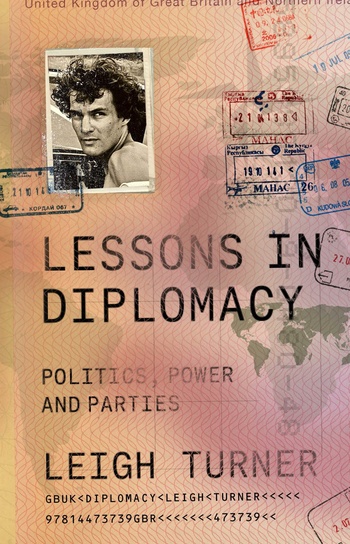
Leigh speaks 8 languages that he can list instantaneously, yet insists he is “terrible” at learning them. I’m beginning to think becoming a diplomat isn’t as easy as he claims.

Diplomacy and the media can have a rich, mutually beneficial relationship – but don’t always. Diplomats should build media skills.

Hindpal Singh Bhui speaks as a witnesses on BBC Radio 4's Moral Maze.
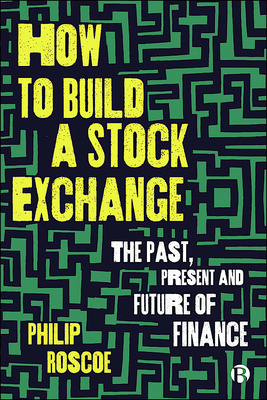
Philip Roscoe is Professor of Management at the University of St Andrew’s Business School. He’s written a book called ‘How To Build A Stock Exchange: The Past Present and Future of Finance.’
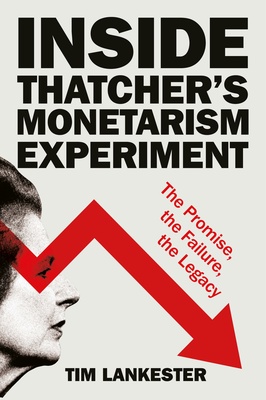
Accordingly, while it is common to compare Sir Keir Starmer’s landslide election victory with that of Tony Blair in 1997, a more accurate parallel might be with 1979, when Margaret Thatcher first became prime minister. Then, as now, the country was in a state of chaos.

I thought I knew everything about Margaret Thatcher’s monetarist policy of the 1980s, having written a book about it … But a new account from somebody who witnessed it at closer quarters, Thatcher’s former private secretary, Sir Tim Lankester, has new things to say.

Tim Lankester speaks to Aasmah Mir and Stig Abell about his book 'Inside Thatcher’s Monetarism Experiment' on Times Radio at 3:53:36.

Instead of facing a far-right horde, the left is now challenging its own leaders to live up to promises of a more economically just Paris and an Olympics that does not displace communities or ruin lives. The task is great, but no less urgent.

The double standards are glaring. Why has the IOC been so conspicuously silent about Israel compared to Russia? If taking over sports facilities are a red line, why silence as Israel converts Gaza’s historic Yarmouk football stadium into an internment camp? The inconsistencies are glaring, to say the least.
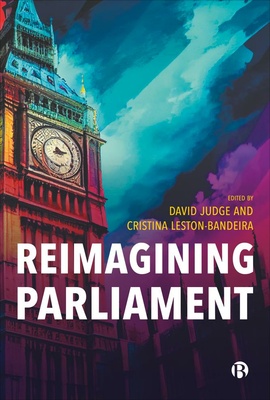
Calls for broader reimagining are particularly salient at a time when: parliament is widely and roundly criticised; significant proportions of the UK population have little trust in Parliament; and many citizens believe that politicians at Westminster do not understand their lives.
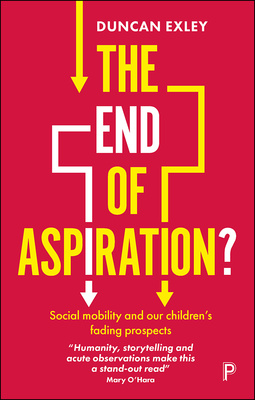
The policy tools to reanimate social mobility do exist, as the avoidable drags on opportunity of the past five years demonstrate in reverse. There is also voter appetite: we want to climb out of the gutter in the short term, but we also want our children to reach for the stars. The next five must see it rise back up the agenda.
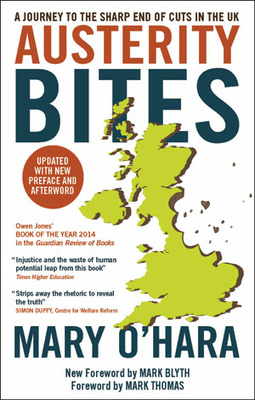
The Prime Minister is clearly grasping at straws. What’s less clear is whether Labour will finally commit to abolishing cruel and unnecessary policies like the two-child limit if the party forms the next government. If nothing else, Rishi Sunak has thrown down a gauntlet.

Ask young social workers, doctors and police officers whether they’ve heard of the Cleveland crisis in the 1980s and most will probably say ‘hmmm…doctors saw sexual abuse everywhere… and took kids from their parents… false diagnoses…?
Everything about that is wrong. There was a scandal, but not the one we thought it was.
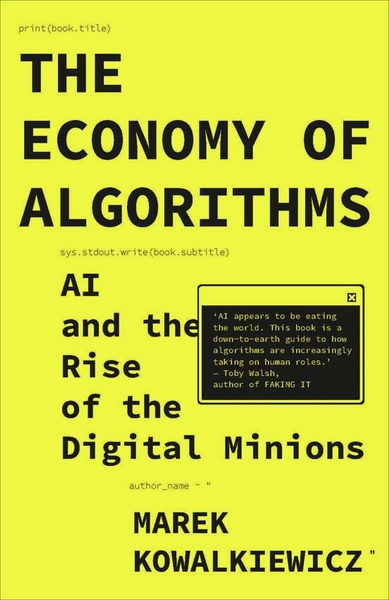
AI algorithms like those used by ChatGPT models learn from content on the internet.
As AI produces more content that's on the internet, Kowalkiewicz warned that bots will start learning from themselves.
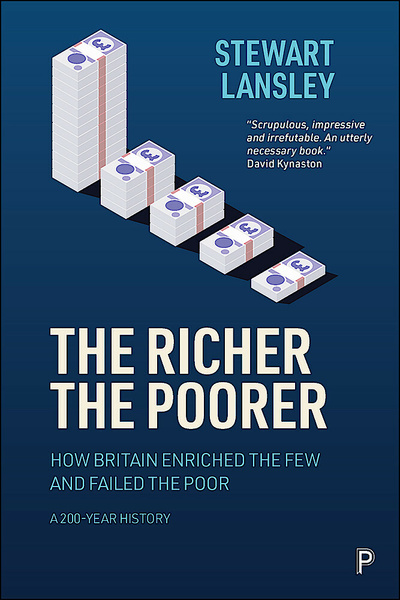
“In Britain, child poverty has doubled in 40 years. Yet few modern tycoons go without private jets, luxury yachts, even private islands.”
Lansley blames the way the gains from growth have been increasingly colonised by a small group of financial and business magnates – a process he says is facilitated by state policy.
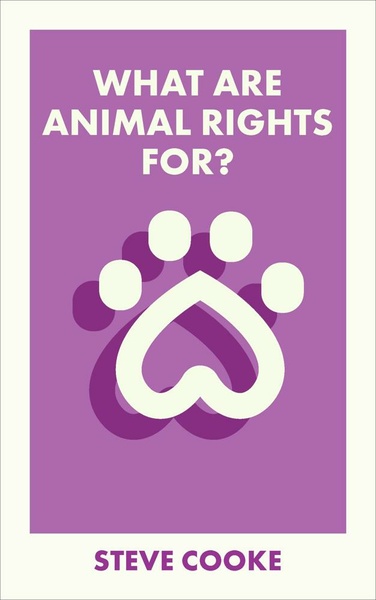
Let’s picture what our societies might look like if animals were granted rights against being killed, made to suffer or exploited for human gain.
When activists argue for animal rights, they ask us to imagine a different world. First, we need to understand how our lives are shaped by animals’ lack of rights.
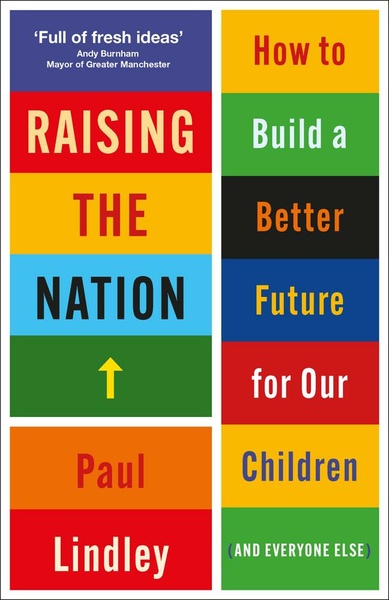
With falling birth rates and people living longer, eventually we’re going to run out of workers

But the fact remains that many in the top 10% of earners – those on £59,200 and above – do not feel rich, and that has major societal consequences.
First, the feelings of this group matter because they are simply more likely to vote, to trust in political institutions, and to influence our laws, as the academics Gerry Mitchell and Marcos González Hernando found in their 2023 book about the top 10%, Uncomfortably Off.
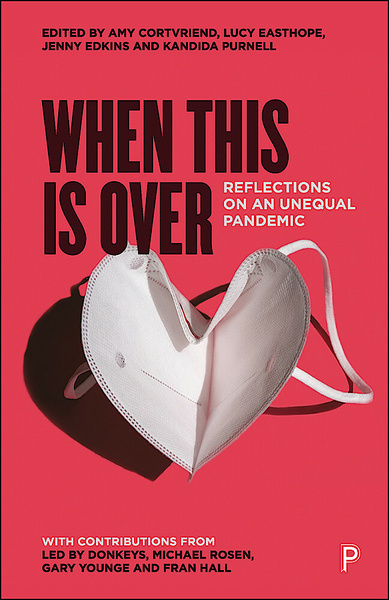
Four years ago, UK Prime Minister Boris Johnson delivered the country’s first lockdown speech, alerting that ‘the coronavirus is the biggest threat that this country has faced in decades’.